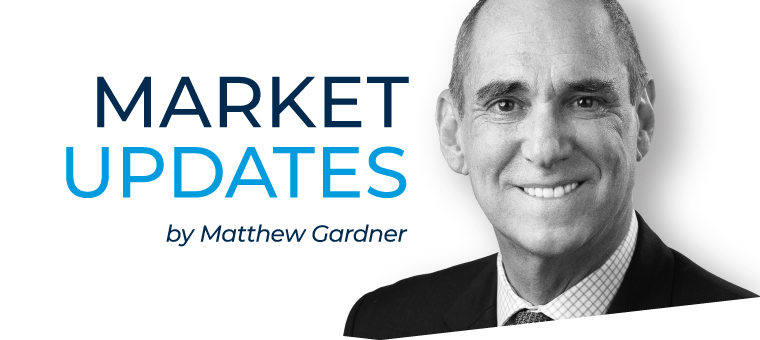Preparing to Buy a House
How do I start my
Whidbey Island home buying process?
Starting the home buying process can be overwhelming, especially if you're not sure where to begin. Here's a preview of how to prepare and what to expect when buying a home on Whidbey Island
❱ What is pre-approval?
Pre-approval is an essential first step in the home buying process. It involves a lender reviewing your financial information to determine how much you can borrow, your estimated monthly mortgage costs, and what interest rates you can expect on your loans. With pre-approval, sellers know you're serious and ready to make an offer. Check out our guide to: Getting pre-approved.
❱What do I do after getting pre-approved?
Getting pre-approved is only the first step. To avoid common pitfalls, it's important to know what actions to take after pre-approval. Check out our guide to 5 Mistakes to Avoid After Pre-Approval.
❱What are the different types of mortgages?
Different types of mortgages have different characteristics, and it's crucial to understand your options before making a decision. Learn about the Different Types of Home Loans for Buyers to determine which is right for you.
❱What should I avoid when buying a house?
Knowing what not to do can be just as helpful as knowing what to do when preparing to buy a house. Familiarize yourself with common buying mistakes to avoid them.
❱What does it cost to buy a home?
There are several expenses associated with buying a home, and it's essential to account for all of them. Our guide to 10 Costs Associated with Buying a Home can help you budget accordingly.
❱Do I have to put twenty percent down?
While lenders view a 20% down payment as less risky, you don't necessarily have to put that much down. Explore alternative financing options, like private mortgage insurance (PMI), to see if they could work for you. Guide to: private mortgage insurance (PMI) and other alternative financing options.
❱Do I have to buy a house by myself?
Co-buying a home with a friend or family member is becoming increasingly popular, especially in markets with high home prices. Learn about the advantages and drawbacks of co-buying a home to decide if it's right for you.
❱Do I need homeowners insurance?
If you have a mortgage, your lender will likely require you to purchase homeowners insurance. It's important to understand what a typical homeowners insurance policy covers and how much coverage you need. Read more on The Importance of Homeowners Insurance.
Curious what’s happening in the market where you’re thinking about buying a home? Read Windermere Chief Economist Matthew Gardner’s latest GARDNER REPORT featuring economic and housing updates.





